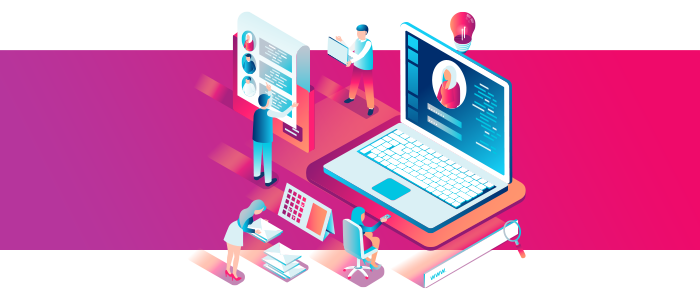
Data security in the ‘Work-from-home’ environment
2020 threw a lot of challenges at the world. One of them, from the business perspective, that overshadowed the others was cybersecurity. How to ensure data safety and security in an environment where businesses can’t really control what employees do even during work hours? With the world almost a year into the pandemic, new best practices emerged that will be in use not just during the pandemic, but probably also in the future, post-pandemic era. Because the trend of working from home now seems to be here to stay. This blog will discuss some best practices for data security that can be deployed when working remotely.- If you can provide your employees with a computer that they will solely access for work, then that solves the majority of the issues. When employees use their own devices for accessing work data, the risk of a security breach is higher as businesses don’t have any control over staff’s personal devices. Your employee’s computer may have security loopholes such as pending updates and security patches or unauthorized software programs. If, instead, it is a company device, you can install control mechanisms that limit what your employees can do with the device. You can impose firewall restrictions, make it a part of your intranet and also monitor employee activities freely.
- If you are allowing employees to use their personal devices for work purposes, you can encourage them to keep their device safe by alerting them about software updates, security patches and offering to install the latest version of antimalware software for their devices. This is a win-win situation for you and your employees, as you get to keep your data safe, while they get to keep their device and personal data secure.
Don’t forget the cloud! The cloud can help you keep your data safe and secure even in the remote working environment by adding layers of data security and eliminating storage of data on local hard drives and removable storage devices. Contact a cloud service provider today to learn more!
No comments:
Post a Comment